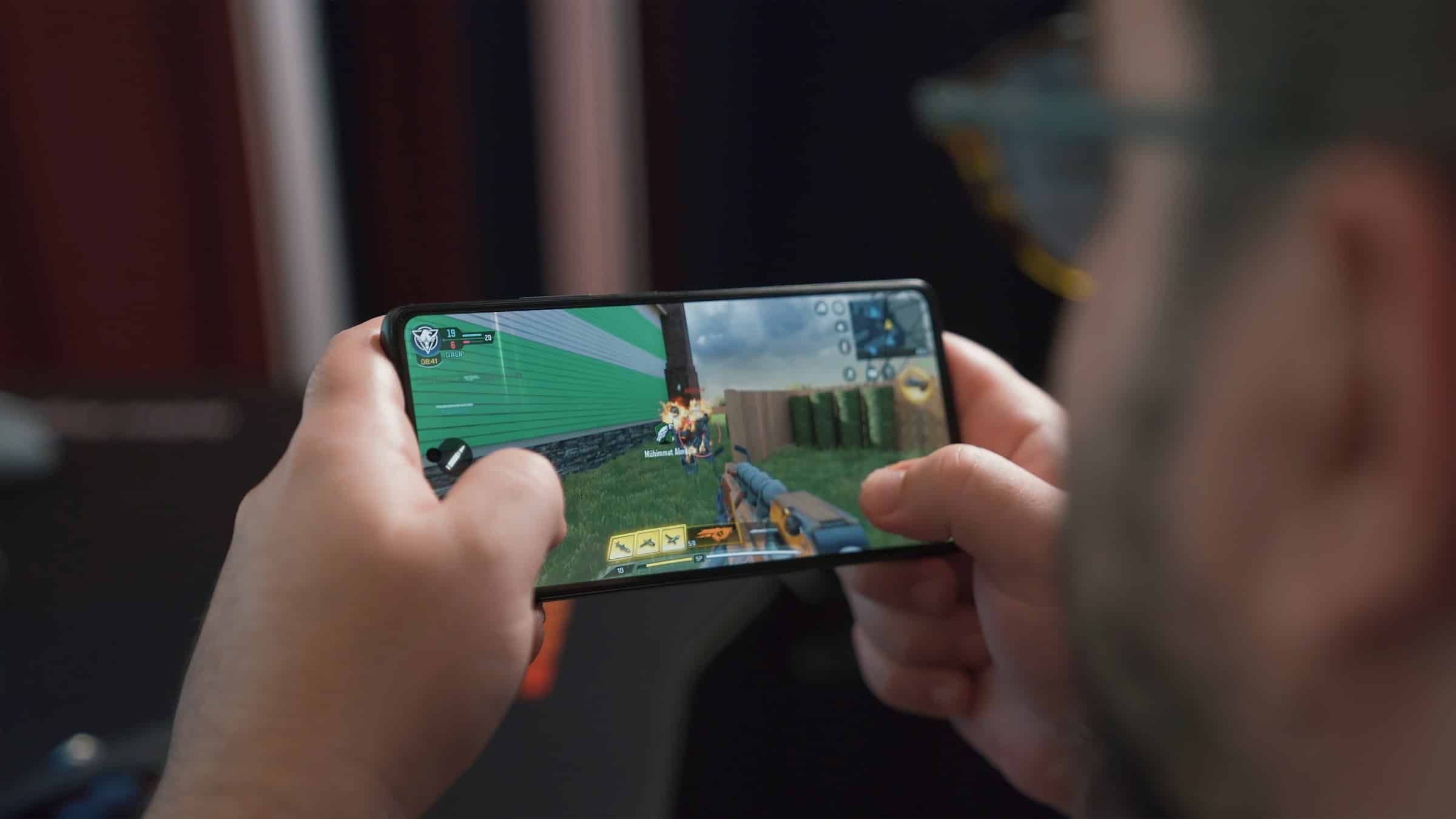In the evolving world of mobile games, developers face a myriad of challenges, particularly when designing real-time cooperative gameplay. This type of gameplay requires players to engage with each other simultaneously in a shared space, which demands careful consideration of game design, performance, and overall gaming experience. We’ll explore these challenges in depth, focusing on the technical and social aspects that game developers must navigate to create seamless and engaging multiplayer experiences.
The Technical Hurdles of Real-Time Cooperative Gameplay
When it comes to real-time cooperative multiplayer games, game developers must navigate a labyrinth of technical challenges to deliver a smooth and engaging experience. The first and foremost obstacle is server infrastructure. For players to have a seamless gaming experience, the server needs to handle multiple connections and synchronize game states in real time.
Cela peut vous intéresser : What are the best practices for designing scalable AI systems in large-scale multiplayer games?
Latency is another significant issue. Low latency is crucial because any delay in gameplay can lead to a frustrating experience, making the game virtually unplayable. Latency is particularly problematic in mobile games due to varying network conditions. Players might be using different network types, such as 4G, 5G, or Wi-Fi, each with different speeds and reliability. Ensuring consistent performance across these varying conditions is a monumental task.
Moreover, mobile game developers must optimize their games for a wide range of devices. Unlike console or PC gamers, who usually have the latest hardware, mobile gamers use a diverse range of devices, each with different capabilities and limitations. This diversity complicates the game design process, making it difficult to ensure that the game performs well on all devices.
A lire en complément : How can developers create more interactive weather systems that affect gameplay in real-time strategy games?
The last technical hurdle is the game’s design and architecture. Implementing features like cooperative play requires a robust backend that can handle real-time data exchange and synchronization. This involves complex algorithms to ensure that all players see the same game state, no matter where they are. The game must also be designed in a way that minimizes the impact of network issues, providing fallback mechanisms to maintain a seamless gaming experience.
Designing Engaging Cooperative Gameplay
Creating an engaging cooperative gaming experience is more than just overcoming technical challenges. Game design plays a crucial role in ensuring that players find the game fun and engaging. One of the key aspects is designing tasks and objectives that require cooperation. These tasks should be structured in a way that encourages team building and social interaction among players.
Cooperative games should offer a balanced mix of individual and team-based objectives. This balance ensures that every player feels like they are contributing to the team, while also having personal goals to achieve. It’s essential to create scenarios where players need to rely on each other to succeed. This reliance fosters a sense of community and makes the gaming experience more rewarding.
Another critical aspect is the game’s social features. Online multiplayer games benefit greatly from integrated social features, such as chat systems, friend lists, and in-game events. These features make it easier for players to communicate and coordinate their efforts, which is essential for cooperative play. Additionally, social features can help build a sense of community, encouraging players to keep coming back to the game.
Game developers also need to consider the learning curve for new players. Multiplayer games with complex mechanics can be intimidating for newcomers. Therefore, it’s crucial to design tutorials and onboarding processes that help new players understand the game’s mechanics and how to work with their teammates effectively.
Balancing Performance and Experience
Balancing performance and gaming experience is a delicate act in the realm of multiplayer mobile games. Game developers need to ensure that the game runs smoothly on a wide range of devices without compromising the quality of the gaming experience. This balance is particularly challenging in real-time cooperative games, where performance issues can significantly impact gameplay.
One approach is to use performance optimization techniques to ensure that the game runs smoothly on all devices. These techniques might include reducing the complexity of graphics, optimizing code, and using efficient algorithms. Another strategy is to offer settings that allow players to adjust the game’s graphics and performance according to their device’s capabilities. This customization ensures that even players with less powerful devices can enjoy a smooth gaming experience.
Server performance is equally critical. Servers need to handle multiple concurrent connections and synchronize game states in real time without causing lag or delays. To achieve this, game developers often use cloud-based server solutions that can scale automatically based on the number of players. This scalability ensures that the server can handle sudden spikes in player activity, such as during in-game events or promotions.
Furthermore, game developers must continuously monitor and update their servers to ensure optimal performance. This process involves regular maintenance, software updates, and performance tuning. By keeping the server infrastructure in top shape, developers can minimize latency issues and provide a better gaming experience for their players.
Social and Community Challenges
Creating a thriving community around a multiplayer game is as challenging as developing the game itself. Social gaming relies heavily on the interactions between players, and fostering a positive community is crucial for the long-term success of the game.
One of the primary challenges is moderating player behavior. Online multiplayer games can sometimes attract negative behavior, such as griefing, harassment, or cheating. Game developers need to implement robust moderation systems to detect and address such behavior. This might involve automated systems that flag inappropriate behavior and human moderators who can intervene when necessary.
Building a sense of community also involves organizing in-game events and activities that encourage players to interact and collaborate. These events can range from simple daily tasks to more complex team-based challenges. By providing regular content updates and events, developers can keep the community engaged and encourage players to form lasting connections with each other.
Additionally, game developers need to listen to their community and gather feedback. Players can provide valuable insights into what aspects of the game they enjoy and what areas need improvement. By actively engaging with the community and making changes based on player feedback, developers can build a loyal and dedicated player base.
Creating a thriving community also involves ensuring that the game is accessible to a broad audience. This accessibility might involve localization efforts to make the game available in multiple languages and designing the game to be inclusive and welcoming to all players. By making the game accessible and inclusive, developers can attract a diverse range of players and build a vibrant community.
In summary, developing real-time cooperative gameplay in mobile games presents a range of challenges, from technical hurdles and game design considerations to performance optimization and community building. Despite these challenges, the rewards of creating a successful multiplayer game are immense. By carefully addressing these issues, game developers can create engaging and immersive gaming experiences that bring players together in meaningful ways.
In overcoming these challenges, developers not only enhance the gaming experience but also contribute to the growing trend of social gaming. The key to success lies in a balanced approach that prioritizes performance, design, and community equally. With the right strategies and a deep understanding of their audience, developers can create real-time cooperative games that stand out in the crowded market of mobile games. So, as you venture into this complex yet rewarding field, remember that every challenge presents an opportunity to innovate and connect players in new and exciting ways.






